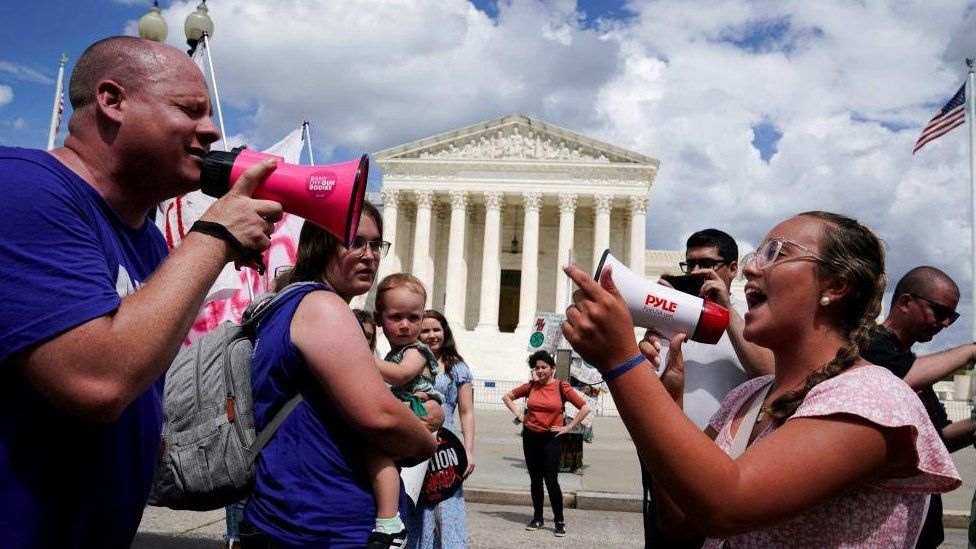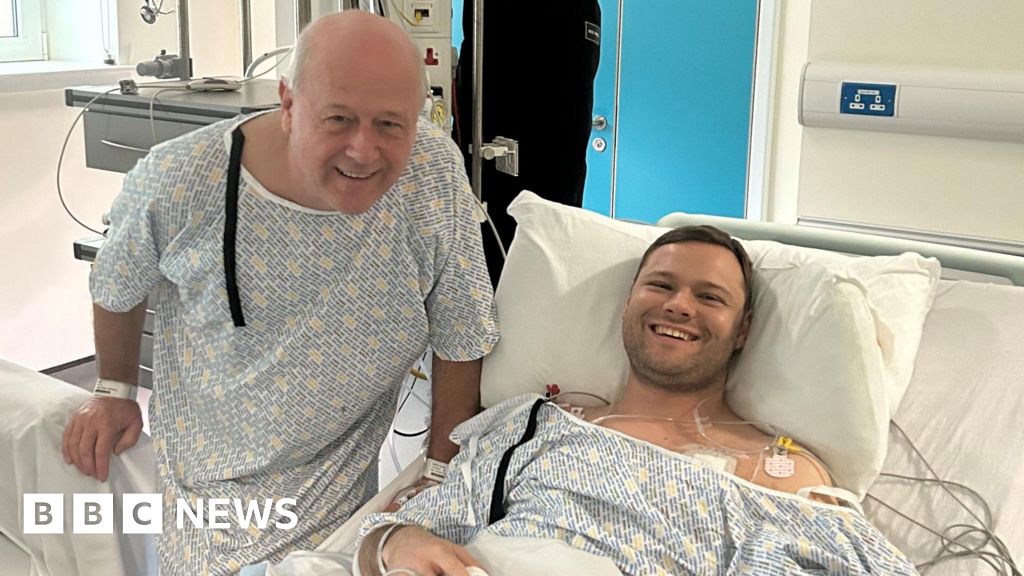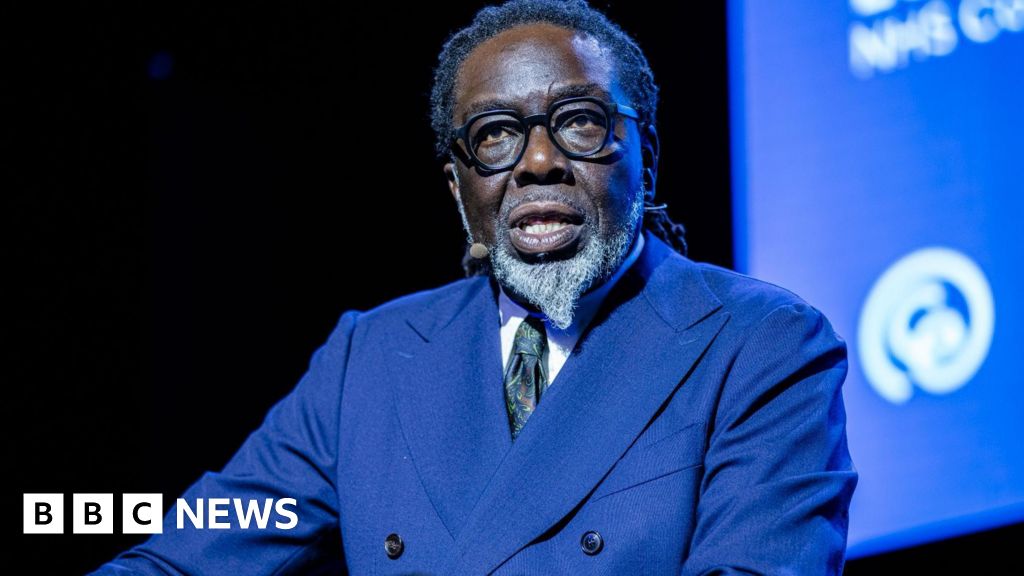ARTICLE AD BOX
 Image source, Reuters
Image source, Reuters
The research is still being used in US legal cases about limiting women's access to abortion
An independent panel resigned in a row over controversial research about the impact of abortion on the mental health of women, BBC News can reveal.
The research, which is still being used in US legal cases about limiting access to abortion, was published in the British Journal of Psychiatry, in 2011.
Last year, the panel recommended it be withdrawn. But journal owner, the Royal College of Psychiatrists, overruled it.
The Royal College said the work had already been fully investigated.
However, BBC Newsnight understands all three panel members, and two other members of the journal's editorial board, resigned in protest. They have called into question the journal's editorial independence.
'Very serious lapse'
The 2011 paper is a systematic review conducted by US psychologist, Prof Priscilla Coleman. It concludes that women who've had an abortion have an 81% increased risk of developing mental health problems.
Prof Coleman worked for 20 years as a Professor of Human Development and Family Studies, at Bowling Green State University, in Ohio. Her research appeared in a brief submitted to the US Supreme Court as part of successful efforts to overturn the historic Roe v Wade judgment, which guaranteed a constitutional right to an abortion in the US.
In April, the paper was also cited by a judge in Texas, when concluding one of the two main drugs used for medical abortion in the US, Mifepristone, should have its approval suspended. The case is ongoing.
When Prof Coleman's paper was first published in 2011, 10 letters were sent to the British Journal of Psychiatry criticising the quality of the research. Two called for its retraction.
"We don't believe that the results are reliable or credible", said one signatory, Prof Julia Littell, an expert at Bryn Mawr College. She argued it did not meet best practice standards of the time.
"I've never called for the retraction of a paper before," she has since told the BBC. "This is a very serious lapse of scientific integrity."
A review published three months later in December 2011, co-authored by the Royal College of Psychiatrists, also found that methodological problems brought into question the paper's results and conclusions.
Image source, Getty Images
Image caption,Students celebrating the overturning of Roe v Wade, a ruling that ended the nationwide right to abortion
In 2022, with the research influencing women's healthcare in the US, some of the same scientists wrote again to request the work be retracted.
The British Journal of Psychiatry then formed an independent panel, which spent four months assessing the complaints and ultimately recommended the paper should be retracted. However, that never happened.
"Our recommendation basically disappears into the ether," panel member and Harvard psychiatrist, Dr Alex Tsai, told the BBC.
"At some point we receive a letter from the communications director at the Royal College of Psychiatrists saying that the case is closed and the retraction is not going to be implemented."
Fellow panel member Dr Aileen O'Brien said intervention by the Royal College was "concerning". "Usually you would have expected that to be an editorial decision," she said.
Some panel members have expressed concern that legal threats may have influenced the College's actions.
When the British Journal of Psychiatry told Prof Coleman they wanted to put a notice on her article to raise awareness about a possible problem, her lawyers responded that any such notice would cause "serious harm and direct damage to her reputation".
The letter, seen as part of an investigation by Newsnight and the BMJ, said Prof Coleman would take "any and all legal options available".
Second legal letter
A second legal letter, sent a month later, repeated the threat, if the journal was to retract the paper. Ultimately no notice of concern was placed on the work.
Prof Coleman has started legal action against another journal, Frontiers in Psychology, after it retracted one of her earlier papers. So far those actions have been rejected by a Swiss court.
Dr Tsai said the row risked undermining confidence in the journal's ability to "police the content that it publishes", adding: "[A] journal that does not uphold editorial independence is probably not long for this world."
Newsnight approached Prof Coleman for comment. In reply, she supplied details of her career qualifications, as well as material that she said supported her research.
Prof Coleman said she had published 63 peer-reviewed journal articles, with the majority related to the psychology of abortion. Based on this, she often serves as an expert in civil cases involving abortion.
She said her career had spanned three decades with publications in highly reputable academic journals and that criticism of her work was driven by the political nature of the topic.
A spokesperson for the Royal College of Psychiatrists did not address questions about whether the threat of legal action had influenced its decision.
They said: "After careful consideration, given the distance in time since the original article was published, the widely available public debate on the paper - including the letters of complaint already available alongside the article online, and the fact that the article has already been subject to a full investigation - it has been decided to reject the request for the article to be retracted."

 1 year ago
122
1 year ago
122








 English (US) ·
English (US) ·